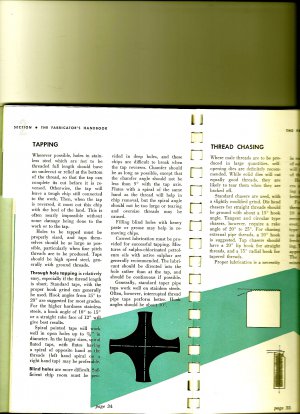I am wondering of the requirement for cutting oil for mini machines, as it applies to CNC use. I'm not sure, due to the non-stop nature of the CNC process, that it's an absolute requirement or if I can get away with no cutting oil, and under what circumstances.
If this questions is really, really dumb, you may signify by not responding whatsoever and accept my sincerest of apologies.
I'll say this again, "There are no such things as dumb questions. You wouldn't know anything unless some one taught you. or it's in your dNA.
The question can be answered by looking at some of the pictures on here. look at the South bend Lathes and mills. There is nothing under them or anywhere to catch the coolan or oil or whatr have you. If you used on them it would be all over the floor. Obviously they didn't use flood coolant, that's the term for having a hose contiously running coolant on the cutter.
So it follows you must be able to cut without coolant or with something that won' run all over the place.
I absolutely would not recommend mist coolant sprays. The vapor in the air made some of my employees very sick. You can use lubricating oils on the part Any oil will do but there are some with special properties designed for just that purpose.
I used flood coolant in all my machines and black sulfinated oil on those that had to be brush applied.
I uploaded a picture from Crucible steel fabricating book fo stainless steel.
It is their recommendation for Tapping . Note what they say about using oil and grease.


